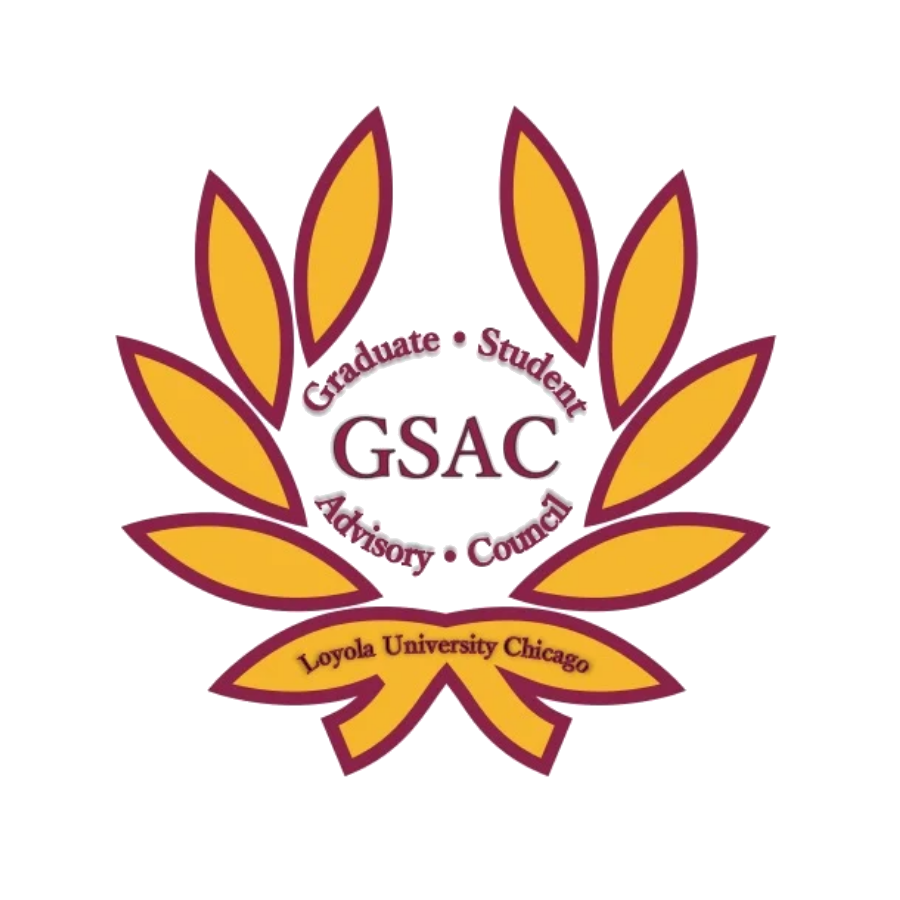Title of Poster or Presentation
Integrating Current Analyses of the Breast Cancer Microbiome
Submission Type
Poster
Degree Type
Masters
Discipline
Sciences
Department
Bioinformatics
Access Type
Restricted
Abstract or Description
This project integrates all available studies related to breast cancer and the mammary microbiome to 1) reassess the original findings in light of advances in this rapidly progressing field and 2) incorporate all the data available as a large meta-analysis to identify general trends and specific differences across patient cohorts and studies. In order to reassess original findings of each study, the 16S rRNA sequence data will be retrieved from SRA and analyzed using a bioinformatics pipeline, which will use an amplicon sequence variant. The results from the bioinformatics pipeline will be compared with the findings from the original studies. In order to identify specific trends and differences across patient cohorts and studies, I will compile the results from each of the available studies into a single dataset to assess for trends in microbial community interactions with breast cancer across studies. As different patient cohorts, 16S rRNA variable regions, and experimental protocols were used across the studies of interest, I will need to statistically account for these covariates in my model. The final ASV tables from the bioinformatics pipeline analysis for each study will be merged and assessed using multivariate analysis.
Creative Commons License

This work is licensed under a Creative Commons Attribution-Noncommercial-No Derivative Works 3.0 License.
Integrating Current Analyses of the Breast Cancer Microbiome
This project integrates all available studies related to breast cancer and the mammary microbiome to 1) reassess the original findings in light of advances in this rapidly progressing field and 2) incorporate all the data available as a large meta-analysis to identify general trends and specific differences across patient cohorts and studies. In order to reassess original findings of each study, the 16S rRNA sequence data will be retrieved from SRA and analyzed using a bioinformatics pipeline, which will use an amplicon sequence variant. The results from the bioinformatics pipeline will be compared with the findings from the original studies. In order to identify specific trends and differences across patient cohorts and studies, I will compile the results from each of the available studies into a single dataset to assess for trends in microbial community interactions with breast cancer across studies. As different patient cohorts, 16S rRNA variable regions, and experimental protocols were used across the studies of interest, I will need to statistically account for these covariates in my model. The final ASV tables from the bioinformatics pipeline analysis for each study will be merged and assessed using multivariate analysis.



